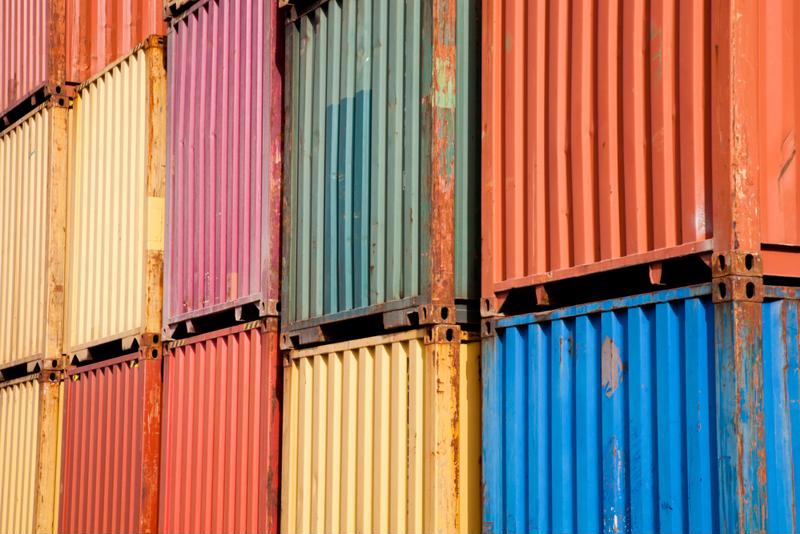
The 90-day trade war truce that the U.S. and China agreed to in December was always set to expire on March 1, and the looming threat of another duty hike was felt throughout the supply chain. Some companies took extreme measures to prepare for the next anticipated round of retaliatory tariffs, including Tesla, which sent three ships full of Electric Vehicle imports speeding across the ocean in order to beat the March deadline.
But the potential crisis has been averted, at least for now, as President Trump sent out two tweets on Sunday announcing that the tariff would be delayed - though not necessarily canceled - in light of a soon-to-be finalized agreement between the two nations.
Agreement promised, though details unclear
Companies bracing for a rise in tariffs from 10 to 25 percent on March 1 can breathe a little easier now, even if this ultimately proves to be another delay without a firm resolution."I am pleased to report that the U.S. has made substantial progress in our trade talks with China on important structural issues including intellectual property protection, technology transfer, agriculture, services, currency, and many other issues," President Trump wrote in a two-part tweet. "As a result of these very productive talks, I will be delaying the U.S. increase in tariffs now scheduled for March 1.
"Assuming both sides make additional progress, we will be planning a Summit for President Xi and myself, at Mar-a-Lago, to conclude an agreement. A very good weekend for U.S. & China!"
The surprise announcement follows several rounds of trade talks that have taken place in the U.S. and China, led most recently by U.S. Trade Representative Robert Lighthizer.

However, no date for the summit has yet been revealed, nor has a new deadline for a tariff increase been announced. It should be noted that Trump abruptly changed tone on trade negotiations last year, when both sides thought they were near an agreement.
More crucial than any further postponement of tariff hikes, analysts have told CNBC, will be the announcement of a specific timeline for implementation on any trade deal, with specific consequences if commitments are not enacted.
For now, companies should still prepare for the possibility that tariffs will rise to 25 percent at some point in the future, and wait for more developments that may flesh out when such an increase could occur.
Chinese stock market greets news with record rally
President Trump's tweet referring to his decision on Sunday as a "very good weekend for U.S. & China" was certainly true for the latter nation, as Shanghai stocks had their best day in more than three years as a result of the comments.The benchmark Shanghai Composite jumped 5.6 percent in response to the news, representing the biggest daily percentage gain since July 2015, according to CNN. The increase was enough to qualify as a bull market, which is a rise of at least 20 percent from a recent low.
Last year, Chinese shares experienced significant losses due to concerns regarding the country's economic slowdown and its drawn out trade war with the United States. Stocks have rallied since the start of 2019, however, partially because of increased optimism that there will soon be an end to the trade war between the world's top two economies.


Post A Comment:
0 comments so far,add yours